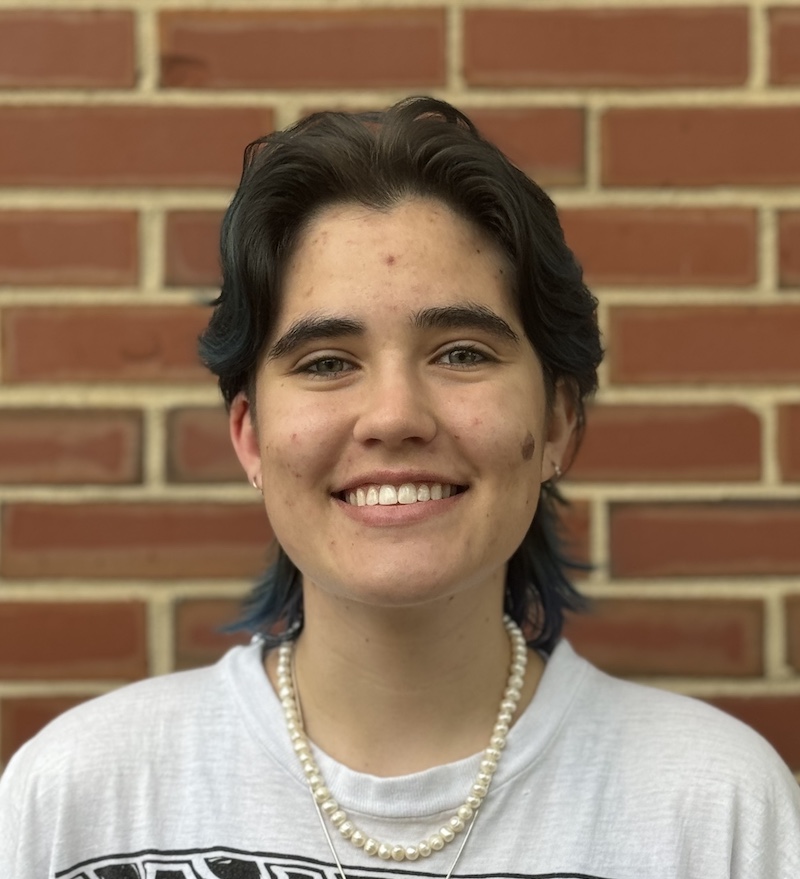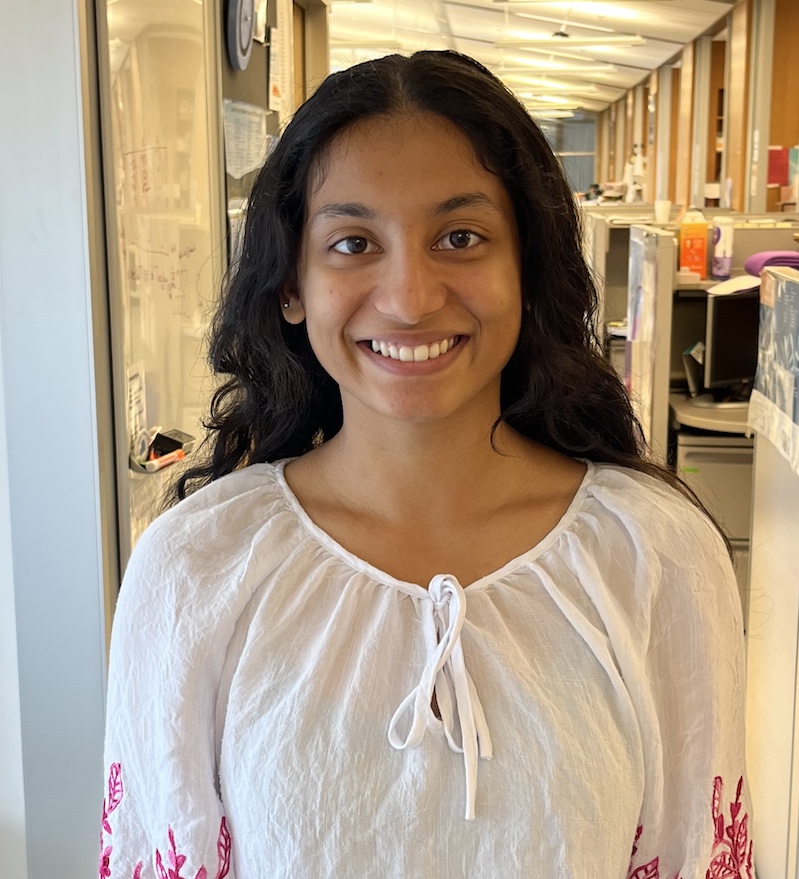About us
Meet the Strahl lab team: Driving discovery through collaboration.
At the Strahl Lab at UNC-Chapel Hill, we’re more than just a research team—we’re a community of scientists dedicated to uncovering the mysteries of genome regulation. Led by Dr. Brian Strahl, our lab focuses on the fascinating world of histone modifications and their role in critical processes like gene expression and DNA packaging. Our team is made up of research assistants, postdoctoral fellows, professors, and students from all stages of their academic journey, working side-by-side to push the boundaries of what we know in epigenetic regulation. We are passionate about science and are committed to creating an inclusive, supportive environment where every member can thrive. In our lab, we know that when we support each other, we unlock the potential for the best scientific discoveries. Meet the team that makes it all happen!

Our Team
Professor and Principle investigator
Brian Strahl
Brian D. Strahl is a faculty member in the Department of Biochemistry and Biophysics at UNC-Chapel Hill. His research centers on the role of histones, and the chemical modifications that occur on them, in regulating the structure and function of chromatin. With his colleagues, Dr. Strahl is exploring the role of enzymes that either "write" or "erase" histone marks, in addition to studying the proteins that associate with them. One new area of Dr. Strahl's lab is the use of histone peptide arrays to determine how combinatorial histone modifications contribute to a possible 'histone code'. This code is thought to govern the organization of chromatin as well as regulate the accessibility of the underlying DNA.
Professor and Principle investigator
Brain Strahl
Brian D. Strahl is a faculty member in the Department of Biochemistry and Biophysics at UNC-Chapel Hill. His research centers on the role of histones, and the chemical modifications that occur on them, in regulating the structure and function of chromatin. With his colleagues, Dr. Strahl is exploring the role of enzymes that either "write" or "erase" histone marks, in addition to studying the proteins that associate with them. One new area of Dr. Strahl's lab is the use of histone peptide arrays to determine how combinatorial histone modifications contribute to a possible 'histone code'. This code is thought to govern the organization of chromatin as well as regulate the accessibility of the underlying DNA.






















